THEORETICAL AND HISTORICAL ASPECTS OF PEDAGOGY
Аlyokhin М.М.
Evolution of functions of students’ government at Ukrainian schools ![]()
Derbak O.A.
The systemic historical analysis of main stages of higher pedagogical education in the Republic of Moldova ![]()
Zabolotskii A.Y.
Current status of distance learning in universities of Ukraine ![]()
Zubkova L.M.
Defining the essence of the concept of «life competence» and its main functions ![]()
Коrkіshко А.V.
Historical and pedagogical aspect of the category «image» in the foreign scientific space ![]()
Miasoid G.I., Iusypiva T.I.
Experience of using computer networks in K-12 schooling in the USA ![]()
Nevmerzhуtska O.V.
Ideology as a source of formation of axiological ideas in the domestic educational space in the 19th – the first third of the 20th century ![]()
Sapozhnikov S.V.
Analysis of conceptual principles of higher pedagogical educationin the countries of the Black Sea region ![]()
Chepil M.М.
Ivan Franko’s views on teacher’s personality through the lens of today ![]()
PSYCHOLOGICAL AND PEDAGOGICAL ASPECTS OF THE PERSONALITY TEACHING, UPBRINGING AND DEVELOPMENT
Beresten E.E.
Grammar in the lesson of German ![]()
Kozinets І.І.
Features of virtual communication ![]()
Kofan I.M., Nudel V.O.
Leadership qualities display features in interpersonal relationships in youth age ![]()
Lysenko Y.O.
Value orientations as index of the quality of life of students of the academy of music ![]()
Mikhlik O.A.
Activization of independent foreign language speaking at the beginning of study ![]()
Oliynik M.M.
The issue of developing students’ motivation to get engaged in physical culture and sports ![]()
Samodryn A.P.
Axiological and notional guidelines of modern gymnasium development ![]()
Khatuntseva S.M.
Didactic value of pedagogical barriers in the process of formation of future teachers’ readiness for self-improvement ![]()
Chernenko-Shnurko D.A.
Developing teenagers’ patriotism using modern technologies of upbringing ![]()
Shust V.V.
Conceptual model of political values оf youth ![]()
Yaroshchuk L.H.
Creativity as a component of creative potential of future schoolchild’s personality ![]()
THEORETICAL AND METODOLOGICAL FOUNDATIONS OF PROFESSIONAL EDUCATION
Amelina S.M., Tarasenko R.O.
Formation of information competence of future translators based on the use of international information resources ![]()
Benkovska N.B.
Comparative analysis of international and national experience in training economists at higher educational institutions ![]()
Boiko L.G.
Topical issues of professional preparation of specialists in touristic business at the modern stage ![]()
Volkova N.P., Ustymenko K.V.
Individual work in the process of preparation of future teachers for professional and pedagogical communication ![]()
Garkusha I.V., Synets A.M.
World view and psychological pre-conditions of forming professional identity of higher school teachers ![]()
Yeschenko M.G. Sypchenko O.M.
State and problems of pre-university training in modern conditions ![]()
Zavalevsky Yu.I.
Teachers’ competitiveness as the result of their professional competence ![]()
Kyiashko O.V.
Advantages and disadvantages of using on-line exercises for learning languages ![]()
Kniazian M.О.
The system of tasks to form the general cultural competence of future teachers of foreign languages ![]()
Kucher S.L.
The conceptual basis of continuous design training of future teachers of technology ![]()
Lichman L.Yu.
Crisis of competence: some aspects of language education in meta-historical environment ![]()
Medynska S.I.
Formation of foreign language competence as a component of professional training of specialists in the tourist industry ![]()
Mishchenko S.H.
Methodological support of professional teacher’s growth ![]()
Nikolenko L.N.
The role of empathy in professional self-determination of correctional teachers ![]()
Oliynik I.V.
Component elements of professional pedagogical expertise of higher school teacher ![]()
Onishchenko M.Y., Pliushchai A.A., Onishchenko G.A.
Peculiarities of independent work organization of philologists learning Spanish as a second language ![]()
Pavlenko O.O., Triakina O.O., Timchenko-Mikhailidi N.S., Pugach V.B.
Assessment and development of professional competence of masters in customs service ![]()
Pinskaya E.L.
The development of non-verbal behavior in future teachers during the learning process ![]()
Primina N.N.
The criteria apparatus for the evaluation of future navigators’ linguistic knowledge and speech skills ![]()
Sirotin O.S., Myshak O.O.
Educational extracurricular work in foreign language classes as an instrument of forming personality of future specialists in agrarian industry ![]()
Smakovsky Y.V.
Pedagogical culture of the teachers as a scientific issue ![]()
Soroka O.V.
Art-therapeutical competence as a component of professional competency of specialists in the social sphere ![]()
Sorokvashin S.V.
Components, criteria and indicators of the development of informative and communicative competence of future skilled workers in the building industry ![]()
Tarnopolsky O.B.
Diversification of the constructivist approach to teaching English for professional purposes at a non-linguistic higher educational institution ![]()
Frytsiuk V.А.
Readiness of future teachers for continuing professional self-development ![]()
Chernyak N.O.
Professional pedagogical communication as an instrument of personality formation of future experts in the field of social work ![]()
Shepelenko Т.L.
Humanization of education as a basic principle of pedagogical innovation theory ![]()
Shkurko О.V.
The role of writing in teaching foreign languages ![]()
STATE-OF-THE-ART TEACHING/LEARNING TECHNIQUES IN HIGHER EDUCATION
Derkach S.P.
Methodological aspects of cooperative learning ![]()
Popel O.V.
Role of interactive technologies in teaching a foreign language in non-linguistic universities ![]()
Svidovskaya V.A.
Pedagogical conditions of forming professional competence of future lawyers by using technologies of distance education ![]()
Storozhuk S.D.
Project techniques: essence and features of using projects in the education process of teaching writing to student-philologists ![]()
Tokarieva A.V.
Application of computer videogames to contemporary educational context ![]()
MANAGERIAL AND PEDAGOGICO-PSYCHOLOGICAL ASPECTS OF EDUCATION
Hrebenyk T.V.
Strategic management as a systemic means of ensuring the competitiveness of an educational institution ![]()
Lebid O.V.
The role of researching the environment in education institutions strategic management ![]()



